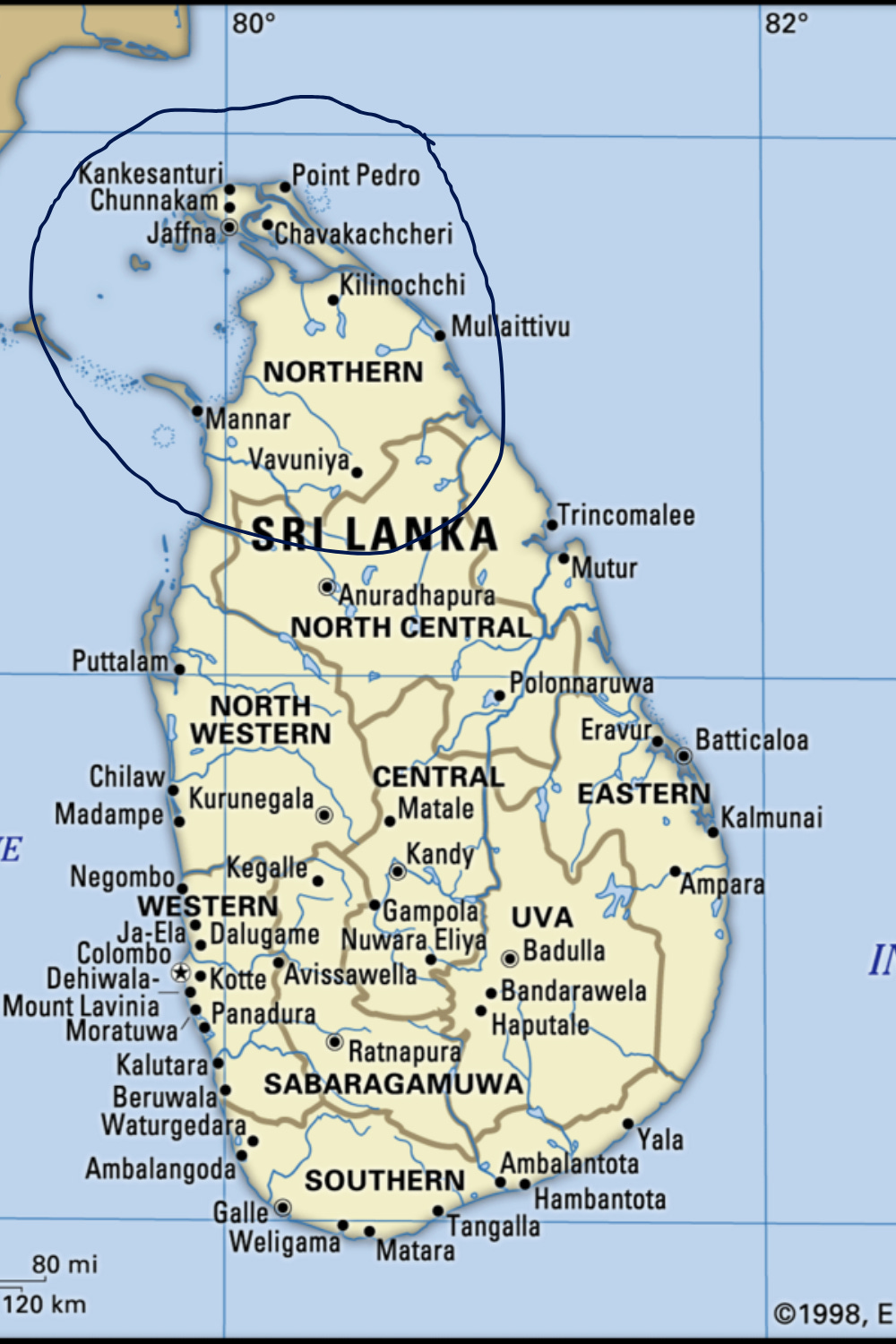The Sri Lanka Ministry of Health reports a surge of leptospirosis in the Northern Province, including Jaffna in December.
Officials report 75 cases, with five patients still receiving treatment and 8 deaths.
The recent weather events in the North-East, which was badly hit by a cyclone in recent weeks, are thought to have contributed to the outbreak of the disease.
Nearly 12,000 cases of Leptospirosis have been reported in the country, while over 200 deaths have been reported so far this year.
In Sri Lanka, Infections are reported throughout the year and outbreaks commonly occur following rainfall due to the higher possibility of contamination of water by infected rodent urine. Seasonal variability is clearly seen in disease occurrence, as Leptospira infections peak following the two monsoons. A smaller peak in disease incidence is observed during March-May and a much higher peak is seen during October-December. These two peaks coincide with the two main paddy cultivation and harvesting seasons (especially if it rains during harvesting) of “Yala” and “Maha”.
Leptospirosis is a bacterial infection often transmitted to humans through water contaminated by the urine of infected animals, including rats. Symptoms can include fever, headaches, and respiratory complications, and severe cases can result in death.
Leptospirosis is a serious but treatable disease. Early diagnosis and initiation of effective antibiotic medication at the earliest will prevent complications of disease and fatalities.



